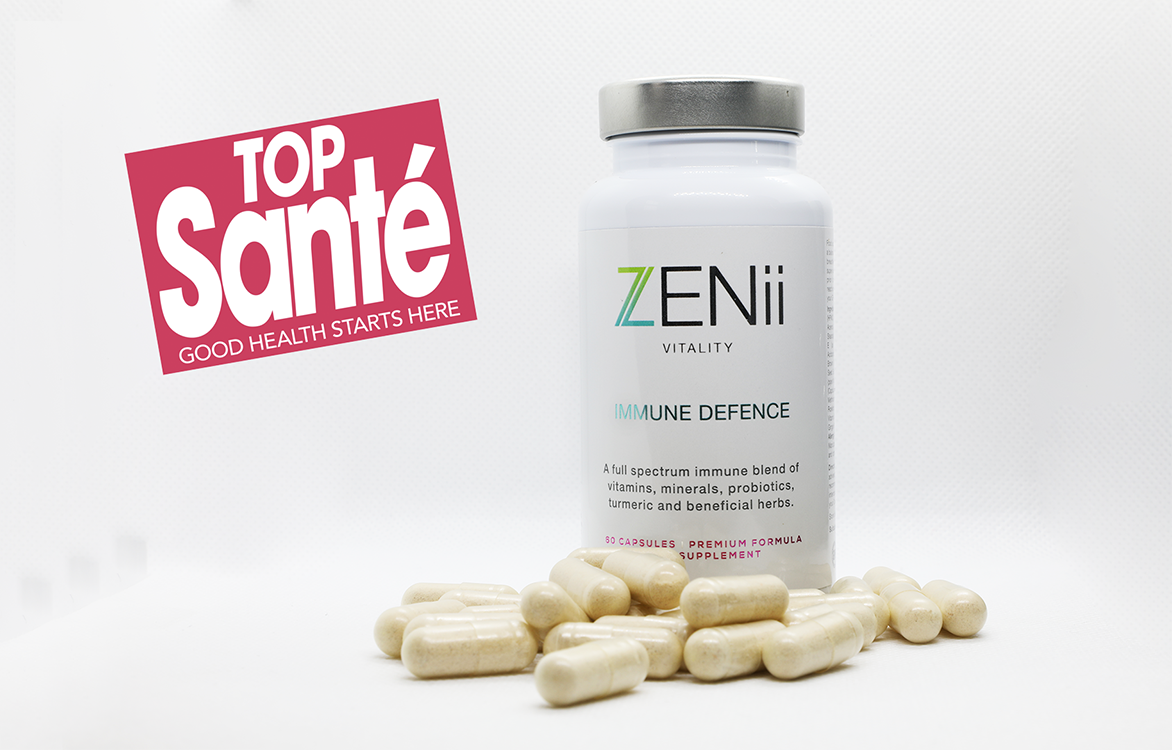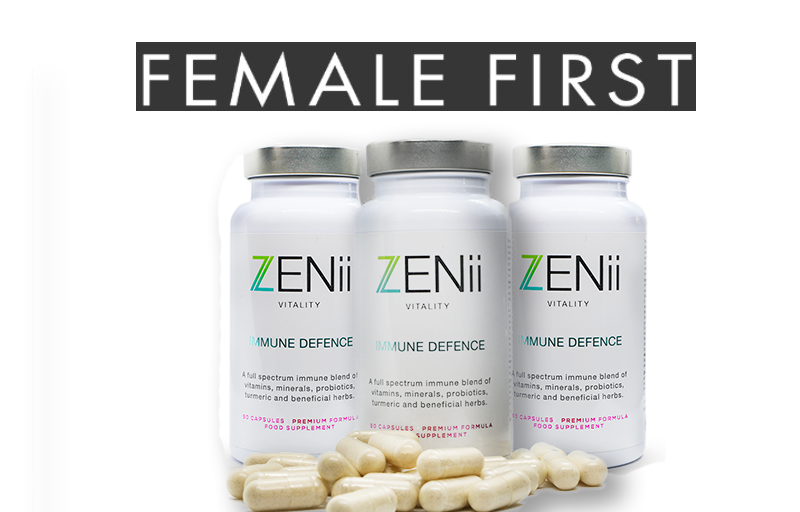Inflammation 101: From Nutrition To Mental Health
When it comes to wellness buzzwords, inflammation is high up the list. But what does it really mean, and what impact can it have on your long-term health? From the signs your body may be inflamed, to the impact of exercise and nutrition, we went to the experts to find out more.
There Are Different Types
“There are two types of inflammation, and both present themselves in very different ways. Acute inflammation is normally very obvious – for example, if you cut your finger, your body will react by sending blood cells to the area to heal the wound. The wound will temporarily become red, swollen and painful until your body gets on top of things. Chronic inflammation, however, is like a wound on the inside of the body that never heals. It’s a fire that needs to be put out, but many people don’t even know it’s there. Triggered by food, stress, viruses, alcohol and free radicals, the signs of chronic inflammation are varied and can be vague but include fatigue, brain fog, low mood and energy, headaches, bloating, tummy pain, heartburn, acne, rosacea and eczema, among others.” – Dr Johanna Ward, GP & functional medicine doctor
If You Can, Go Natural
“When it comes to food, eat from the bottom of the food chain – if in doubt, aim to eat food that comes from the earth and not from a lab. The less processed a food is, the less inflammatory it is. Fill up your plate with colourful, plant-based foods such as leafy greens, sweet potatoes, carrots, peppers, avocados, mushrooms and berries, which are all potent anti-inflammatories. If you eat fish, focus on fatty, omega-3-rich fish like wild Atlantic salmon, mackerel and sardines.” – Johanna
… And Avoid Anything Processed
“The most inflammatory group of foods are convenience foods, which often contain damaged fats, emulsifiers, preservatives, high fructose corn syrup, and hidden salts and sugars. The main foods to avoid are fast and deep-fried foods, processed meats (think pepperoni, ham meats and sausages), refined carbs (including donuts, biscuits and pastries), high sugar foods (sweets, chocolate, soft drinks, cakes and cereals) and alcohol, which contains a toxin called acetaldehyde.” – Johanna
Supplements Can Help
“If your diet isn’t rich in foods like leafy greens, colourful vegetables and berries, consider taking a superfood supplement to boost your body and reduce inflammation. ZENii Superfoods is packed with antioxidants and polyphenols – just a couple of scoops per day is all you need. Also consider taking a clinical-strength probiotic to support gut health (try ZENii ProBiome Max) and a high-strength omega-3 supplement. Millions of us also suffer from low vitamin D levels, so consider taking 2000-4000iu of vitamin D3 daily, which will help protect the body and immune system.” – Johanna
When it comes to wellness buzzwords, inflammation is high up the list. But what does it really mean, and what impact can it have on your long-term health? From the signs your body may be inflamed, to the impact of exercise and nutrition, we went to the experts to find out more.
There Are Different Types
“There are two types of inflammation, and both present themselves in very different ways. Acute inflammation is normally very obvious – for example, if you cut your finger, your body will react by sending blood cells to the area to heal the wound. The wound will temporarily become red, swollen and painful until your body gets on top of things. Chronic inflammation, however, is like a wound on the inside of the body that never heals. It’s a fire that needs to be put out, but many people don’t even know it’s there. Triggered by food, stress, viruses, alcohol and free radicals, the signs of chronic inflammation are varied and can be vague but include fatigue, brain fog, low mood and energy, headaches, bloating, tummy pain, heartburn, acne, rosacea and eczema, among others.” – Dr Johanna Ward, GP & functional medicine doctor
If You Can, Go Natural
“When it comes to food, eat from the bottom of the food chain – if in doubt, aim to eat food that comes from the earth and not from a lab. The less processed a food is, the less inflammatory it is. Fill up your plate with colourful, plant-based foods such as leafy greens, sweet potatoes, carrots, peppers, avocados, mushrooms and berries, which are all potent anti-inflammatories. If you eat fish, focus on fatty, omega-3-rich fish like wild Atlantic salmon, mackerel and sardines.” – Johanna
… And Avoid Anything Processed
“The most inflammatory group of foods are convenience foods, which often contain damaged fats, emulsifiers, preservatives, high fructose corn syrup, and hidden salts and sugars. The main foods to avoid are fast and deep-fried foods, processed meats (think pepperoni, ham meats and sausages), refined carbs (including donuts, biscuits and pastries), high sugar foods (sweets, chocolate, soft drinks, cakes and cereals) and alcohol, which contains a toxin called acetaldehyde.” – Johanna
Supplements Can Help
“If your diet isn’t rich in foods like leafy greens, colourful vegetables and berries, consider taking a superfood supplement to boost your body and reduce inflammation. ZENii Superfoods is packed with antioxidants and polyphenols – just a couple of scoops per day is all you need. Also consider taking a clinical-strength probiotic to support gut health (try ZENii ProBiome Max) and a high-strength omega-3 supplement. Millions of us also suffer from low vitamin D levels, so consider taking 2000-4000iu of vitamin D3 daily, which will help protect the body and immune system.” – Johanna
Read the full article here





